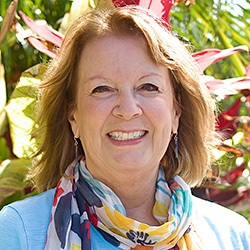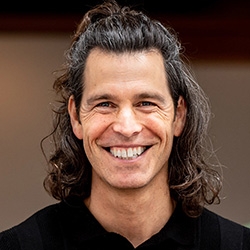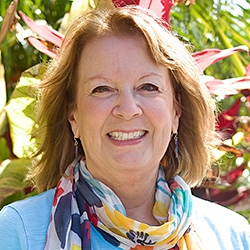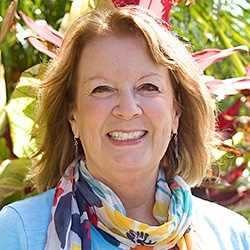

NVC Resources on Connection
-
We can cultivate spiritual clarity through bringing attention to our intentions, mourning, gratitude, and the dynamic flow of feelings and needs. This can bring more autonomy, choice and liberate the energy of connection and contribution. We can also awaken our hearts to see the reality that our well-being is mutually interdependent. Read on for more.
-
Puzzling about needs and feelings? Check out this excerpt from Dian Killian's course, Embracing the Body: Somatic Self Empathy, where she leads participants through an exercise that demonstrates how our physical sensations connect us to our feelings and needs.
-
Iris Bawidamann explains how needs, like appreciation, can easily turn into demands or self-blame when approached from a place of lack or expectation. This practice is based on the work of Living Compassion, shared by Robert Gonzales, focusing on the beauty of needs and the living energy of needs
-
Trainer Tip: Notice an opportunity today to use honesty as a means to connect with someone else. Consider what type of honesty might stimulate pain in others.
-
In Yoram’s 2021 course, participants delved deeper into their NVC practice so they were better prepared to meet conflict head-on. In this 5-session series, Yoram explores: the power of empathy to change the trajectory of heated conversations embracing the internal conflicts of the different parts of ourselves how to approach differing views peacefully the use of NVC to help let go of judgments how to confidently ask for what you want
-
The word "privilege" signifies the benefit to the person having it, and the relationship between that person’s benefit and others' lack of benefit. When privileged, there are incentives to not see this interdependent link. For instance, it's easier for the wealthy to think of the poverty of many and the wealth of some are unrelated. If the wealthy want to keep wealth they would need to continue with approaches rooted in this separation.
-
Read on for a demonstration of self empathy -- all generated within the context of both the COVID-19 pandemic, and the changes to Bridget's life that have arisen as a result.
-
Trainer Tip: Whether there is the potential of physical or emotional violence, listening deeply to the underlying needs of the people in conflict can be swift, direct, and healing. Look for opportunities to defuse conflicts by reflecting the feelings and needs of the other person.
-
Every interaction with children contains messages about who they are, who we are, and what life is like. By engaging attachment parenting and NVC we give them rare gifts in society: to know their parents well, to discover the effects of their actions without being blamed for them, and to experience the power of contributing to meeting others' needs, and the power to move towards mutually satisfying outcomes.
-
Trainer Tip: Thinking someone is bad, wrong, or evil can make it more difficult to connect with them. If we focus on this kind of thinking, we stay in the problem or conflict. The minute we step out of judgement and listen for the needs underlying their actions, we begin working for the solution. Put your focus in the direction of the result you want. Read on for an example.

Quick Links
Subscription Preferences
Stay In Touch!
Looking for ways to keep up with NVC Academy news, get special offers, free resources, or words of inspiration? Here are five ways to stay engaged:










